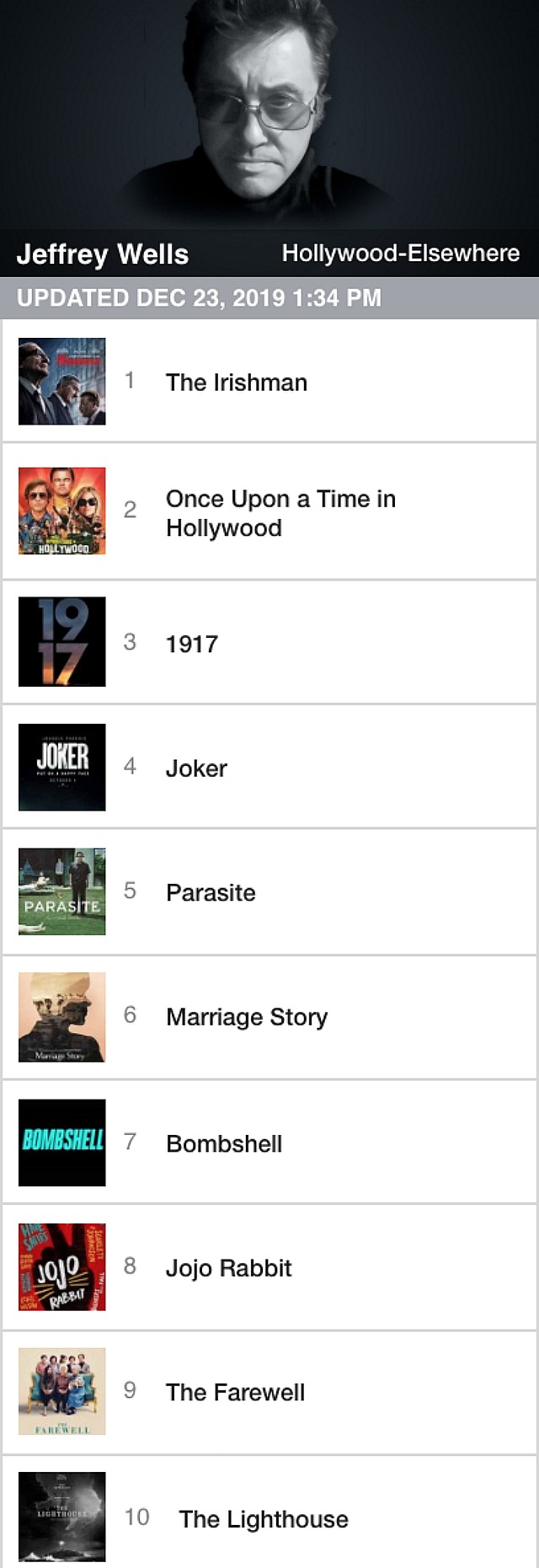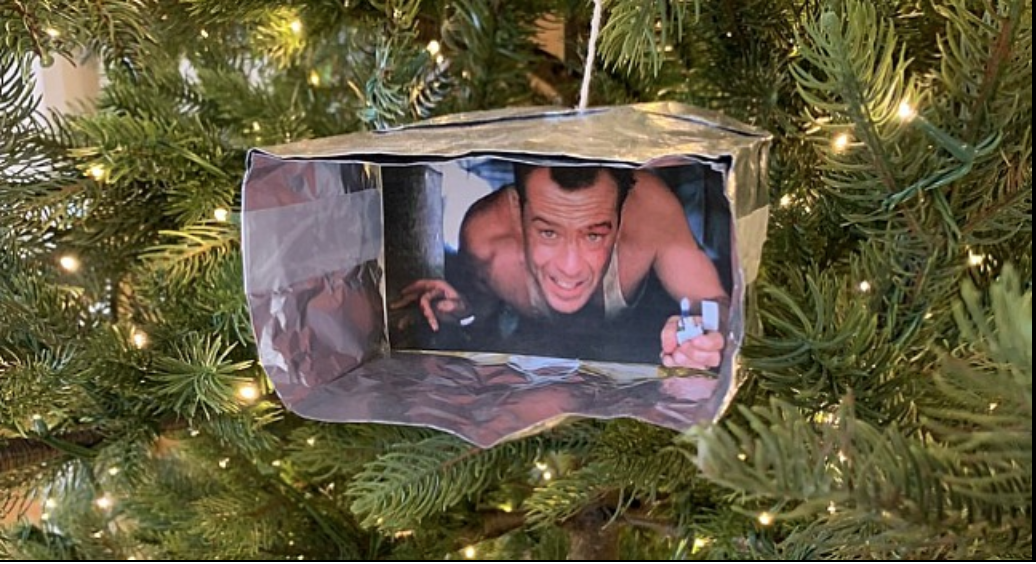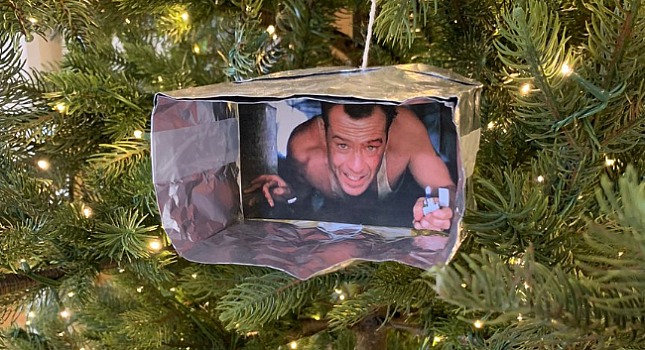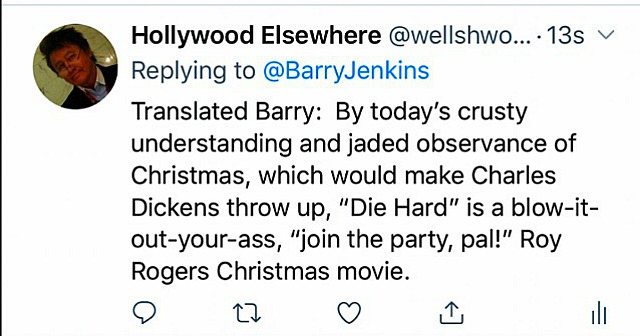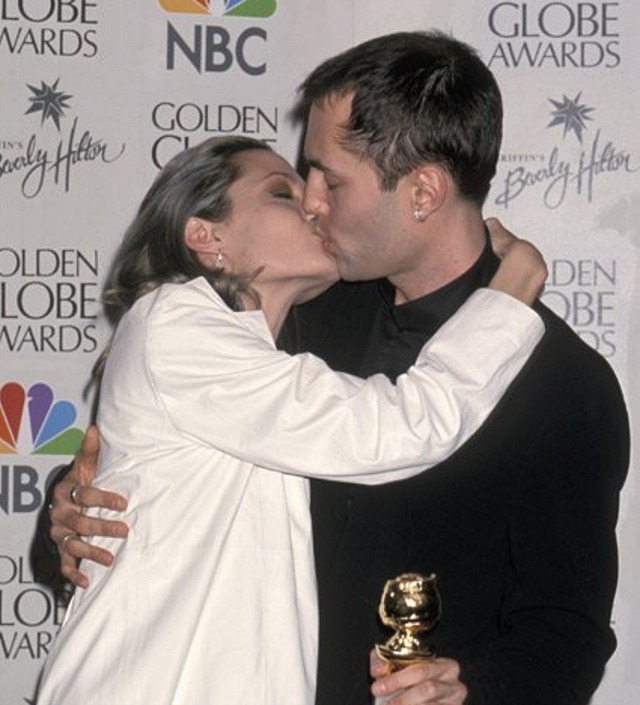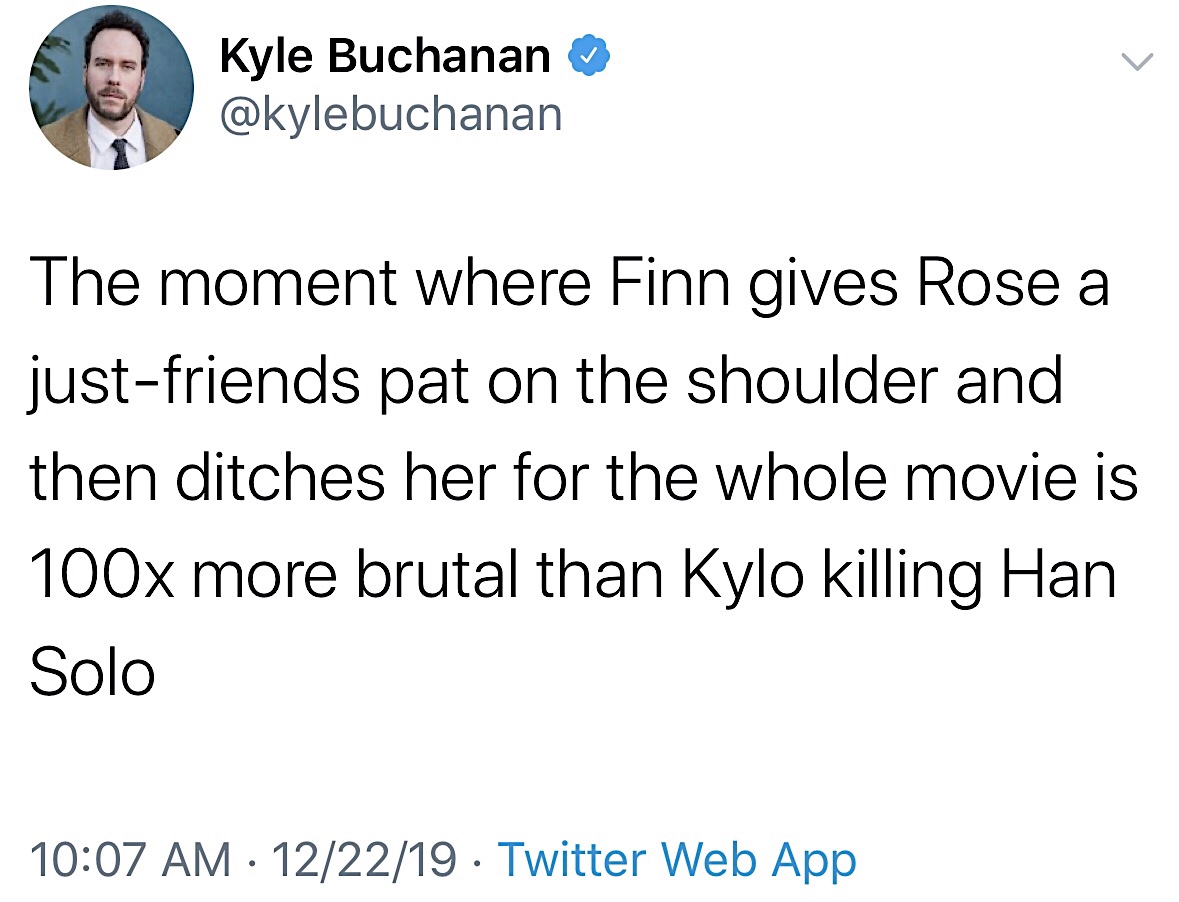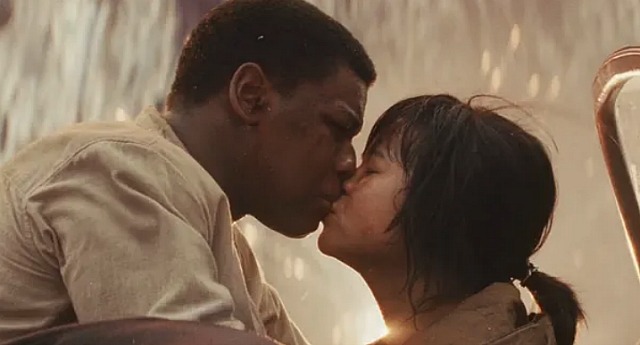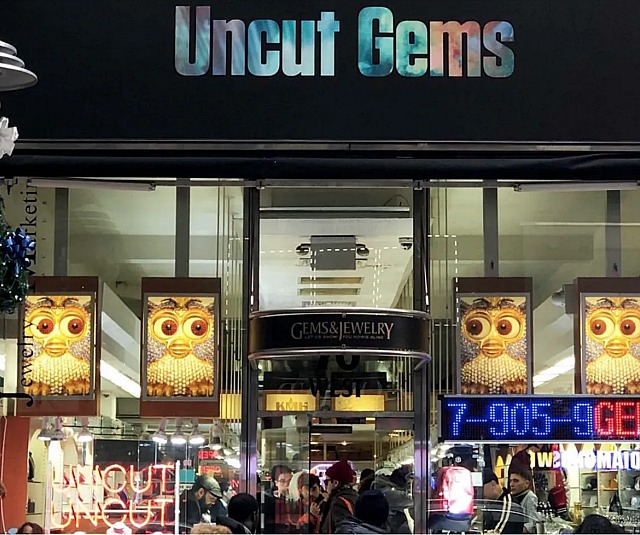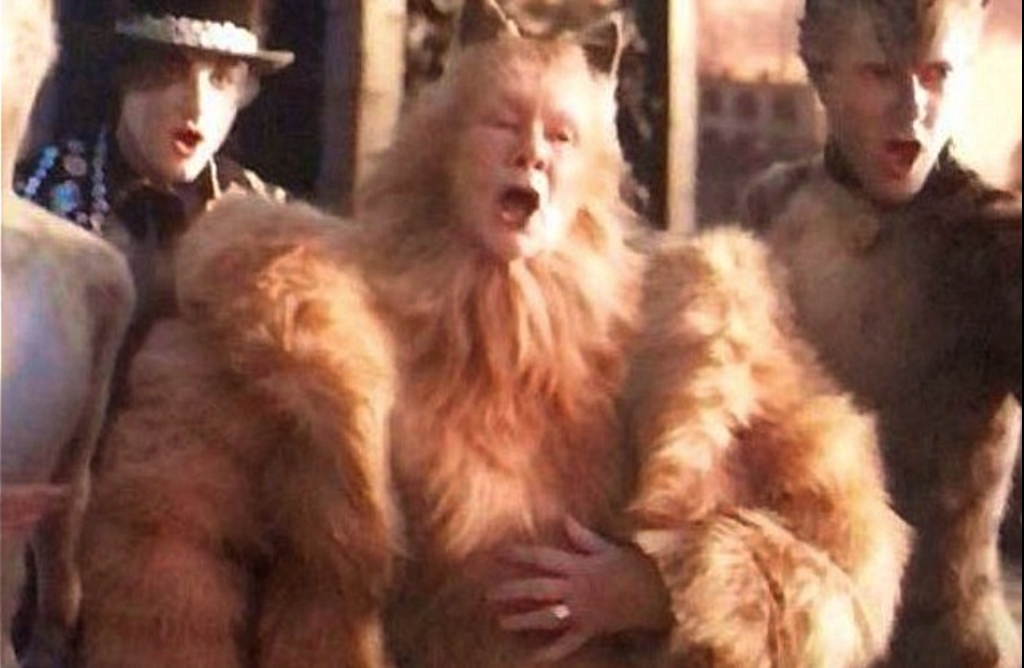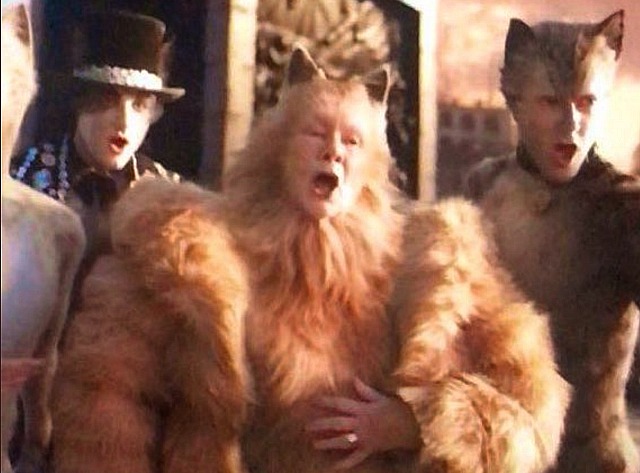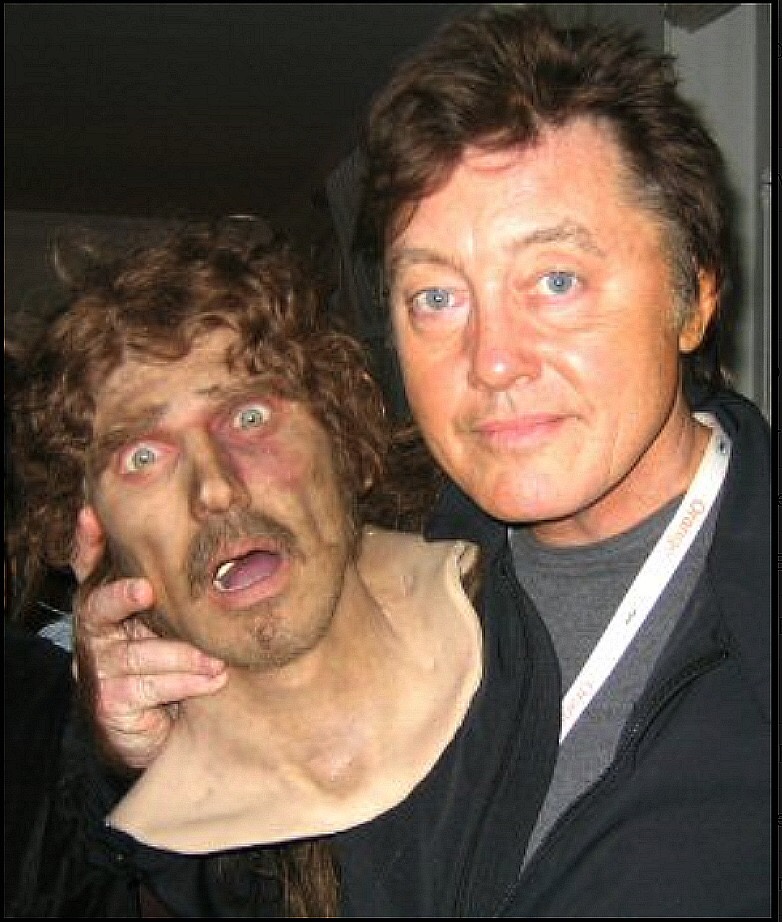Gold Derby‘s Tom O’Neil to Hollywood Elsewhere: “Hi, Jeff — happy holidays! Do you really believe that Parasite won’t even be nominated for Best Picture?”
HE to O’Neil: “Happy holidays to you also, Tom. I’ve fixed my Best Picture prediction chart. I believe Parasite will be Best Picture nominated, of course. Too many critics, critics groups and prognosticators have chugged the Bong Joon-ho Kool-Aid, and there’s no stopping it now. I realize that. I guess I’ve just been living in denial. Because while the Bong chorus has been saying one thing over and over, reality has been saying something different and just as consistently.
Parasite is without question Bong’s best film, and he’ll certainly win the Best International Feature Oscar on 2.9.20. But (and I mean this with the greatest respect) it’s plotted way too clumsily and sloppily to win the Best Picture Oscar, for reasons I’ve explained time and again.
Whatever should or shouldn’t happen with Parasite, the current in the water is too strong at this stage. So I’ve washed my hands of it and am hoping for the best, or more specifically for the least. If and when Parasite should win the Best Picture Oscar, which is certainly conceivable but God forbid …if this happens there will be only one word to say, and that word is “really?”
